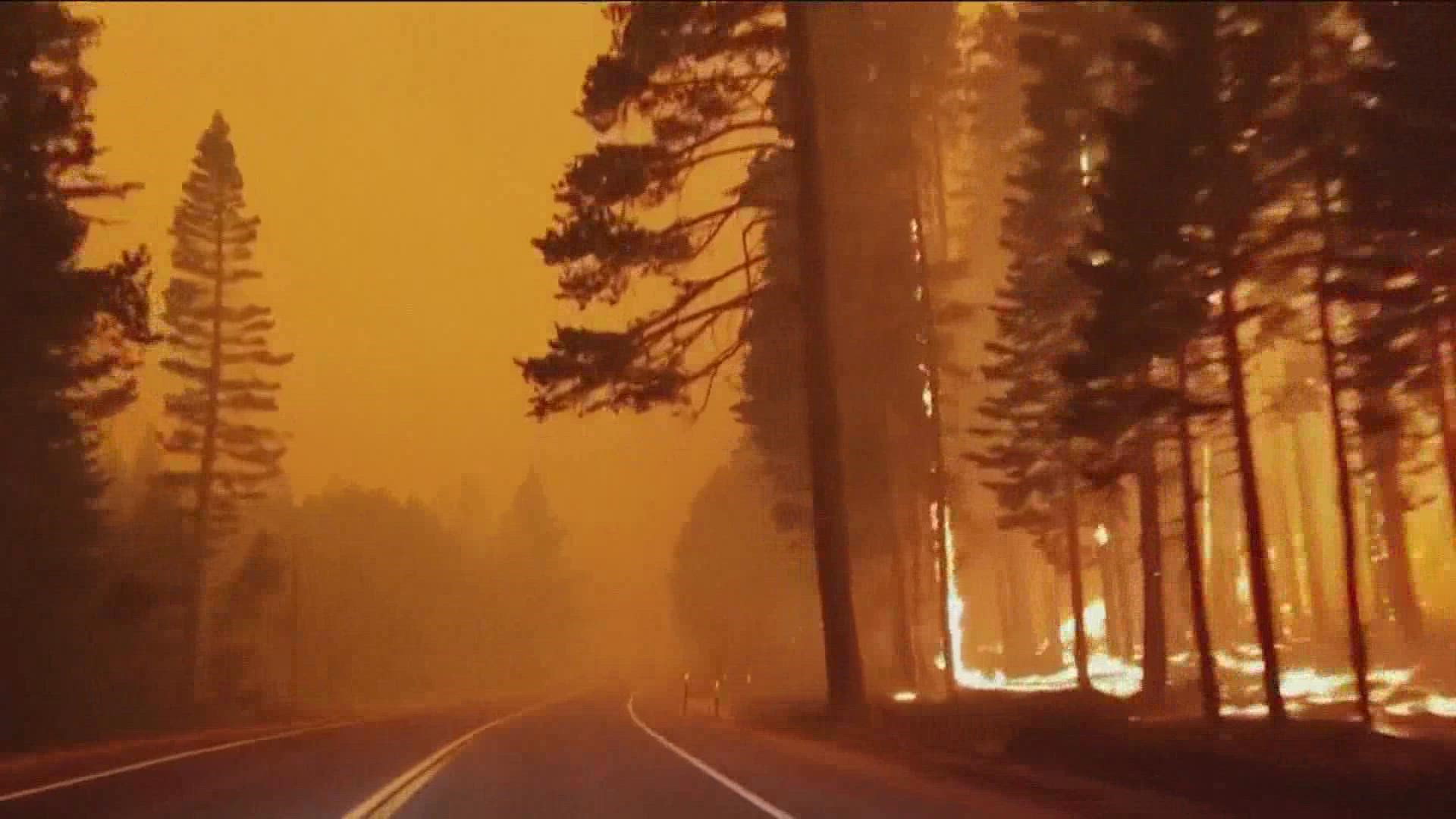BOISE, Idaho — Climate change and the human impact of that can be a divisive topic. Although the scientific community agrees overwhelmingly that human activity is impacting dangerous climate change, there will always be skeptics.
University of Idaho researchers Dilshani Sarathchandra and Kristin Haltinner interviewed climate change skeptics across the Northwest to find out more about their beliefs; they found three main reasons for skepticism. The first, conspiracy theories.
“People have this perception that some international body is seeking to acquire money and power through climate change. A second grounding is in religion." Haltinner said. "A perspective that God created Earth for us to use and therefore, wouldn't make it possible for us to ruin God's creation. And, humans are arrogant to even think we could influence God's creation. And then a third group of people really had a distrust in science. They perceived scientific research as biased in bias towards believing in climate change, having incentives that might sway scientists.”
The duo approaches the topic of discussing climate change from different perspectives. Dilshani grew up in Sri Lanka where she witnessed health issues and poverty associated with pollution and rising temperatures.
“A lot about how climate change impacts are putting significant burdens on people in the global south, especially small island nations. So I had a personal interest in the topic. Plus, my research is driven by the interest in public attitudes towards controversial science topics such as climate change,” Sarathchandra said.
Kristin took a wide view of the world as she had her first child, she worries about the planet’s health for her son’s generation.
“I started to have a lot of climate anxiety, and I was talking to Dilshani about it and about sort of where I come from in terms of my research and where she comes from in hers. And we decided to put our exact climate anxiety into action with this project,” Haltinner said.
The pair found that while some were deeply committed to their position on climate change, others were not as firm and open to discussion.
“People who are skeptical about climate change are not necessarily anti-environmental. We found that there's a lot of overlap and concern about three specific areas. One is pollution," Haltinner said. "A direct quote from someone we interviewed was, no one wants to breathe polluted air, habitat, destruction and loss. People are concerned about losing animal species, especially people who are hunters or hikers. And then a third is actually support for renewable energy. We found that half the people we surveyed supported expansion of solar and wind energy.”
Perspective is a big takeaway from the interviews and surveys with skeptics. The point can be echoed by the authors, who have a book set to be published on the topic next year, in the sense of different experiences creating a shared perspective.
“We grew up in such different environments in the United States and me in Sri Lanka," Sarathchandra said. "But we care about an issue that is really affecting everyone at a global level, is coming together from those different perspectives and working on a project together. Really, the book is like a culmination of years of work. So, we're very excited about that.”
A major takeaway is that some climate skeptics are willing to talk and change their opinion, a key to doing that is finding common ground.
“A lot of the conversations about climate change to be effective can start from places of shared, common ground. So perhaps, you know, being hunters or being hikers or enjoying the outdoors or being grandparents and worrying about the futures of your grandchildren," Haltinner said. "There is a lot of common ground that we can begin these conversations from, to sort of identify what we care about in a mutual way that can drive policy.”
Join 'The 208' conversation:
- Text us at (208) 321-5614
- E-mail us at the208@ktvb.com
- Join our The 208 Facebook group: https://www.facebook.com/groups/the208KTVB/
- Follow us on Twitter: @the208KTVB or tweet #the208 and #SoIdaho
- Follow us on Instagram: @the208KTVB
- Bookmark our landing page: /the-208
- Still reading this list? We're on YouTube, too:
Download the KTVB mobile app to get breaking news, weather and important stories at your fingertips.

